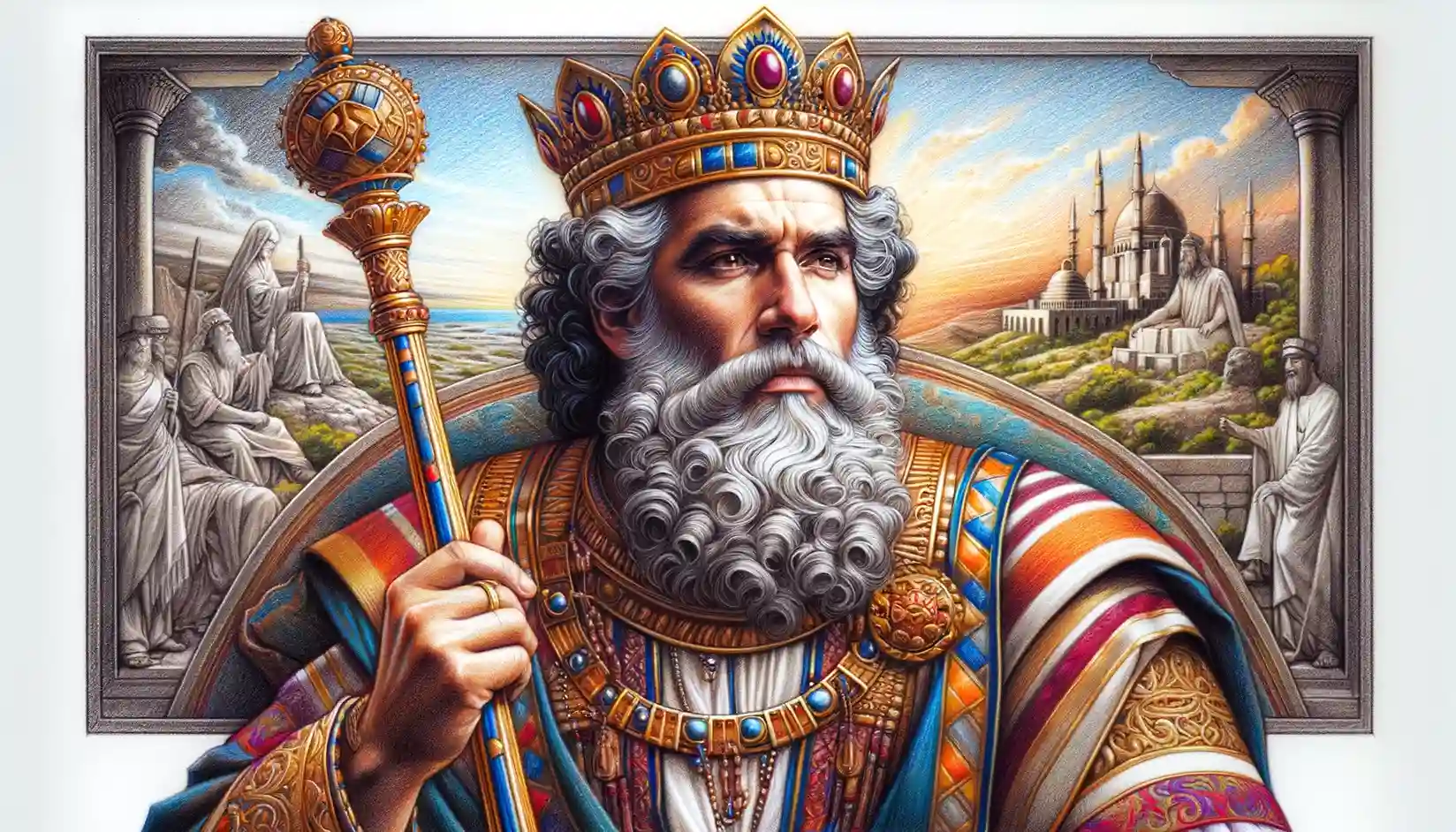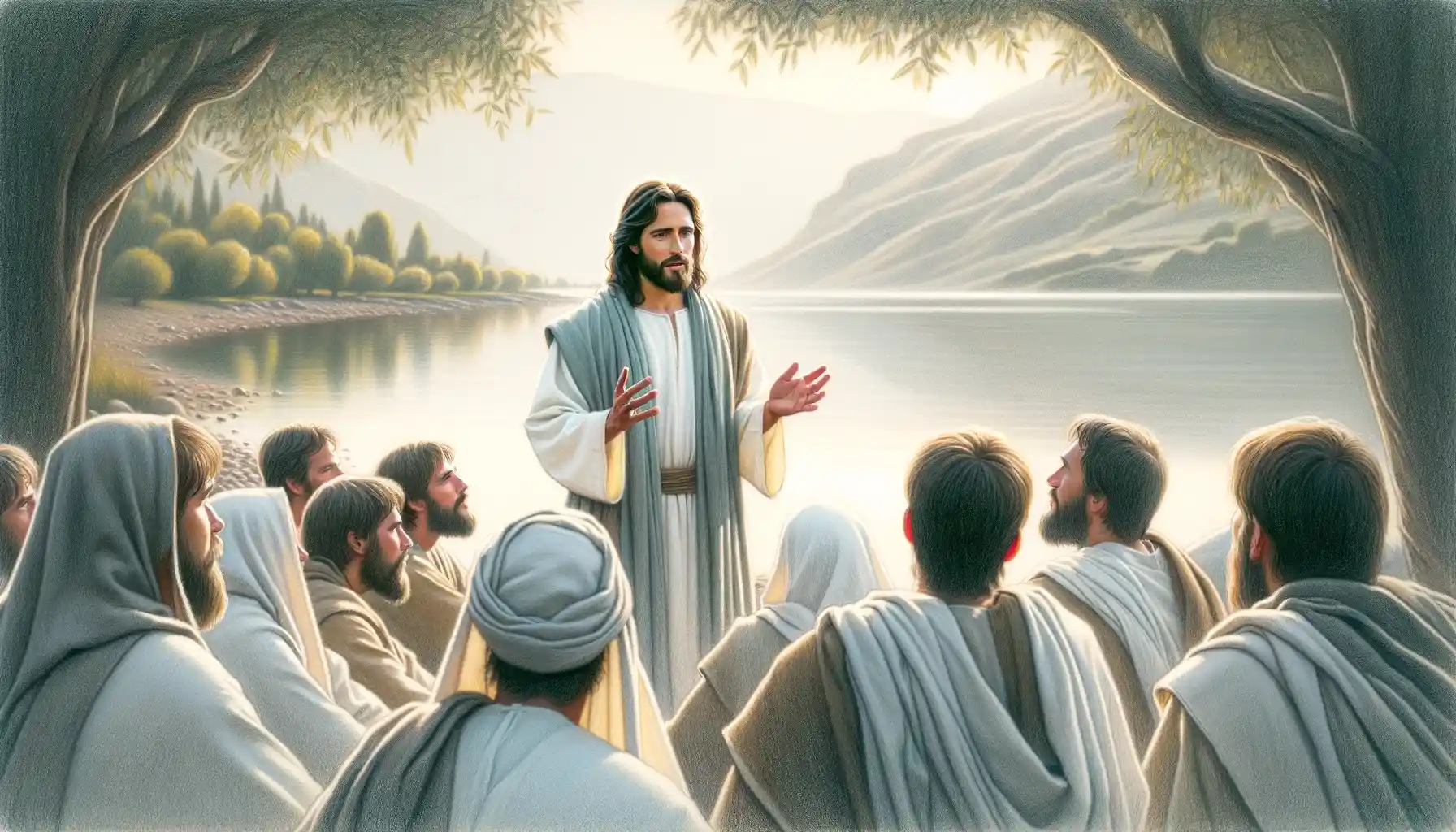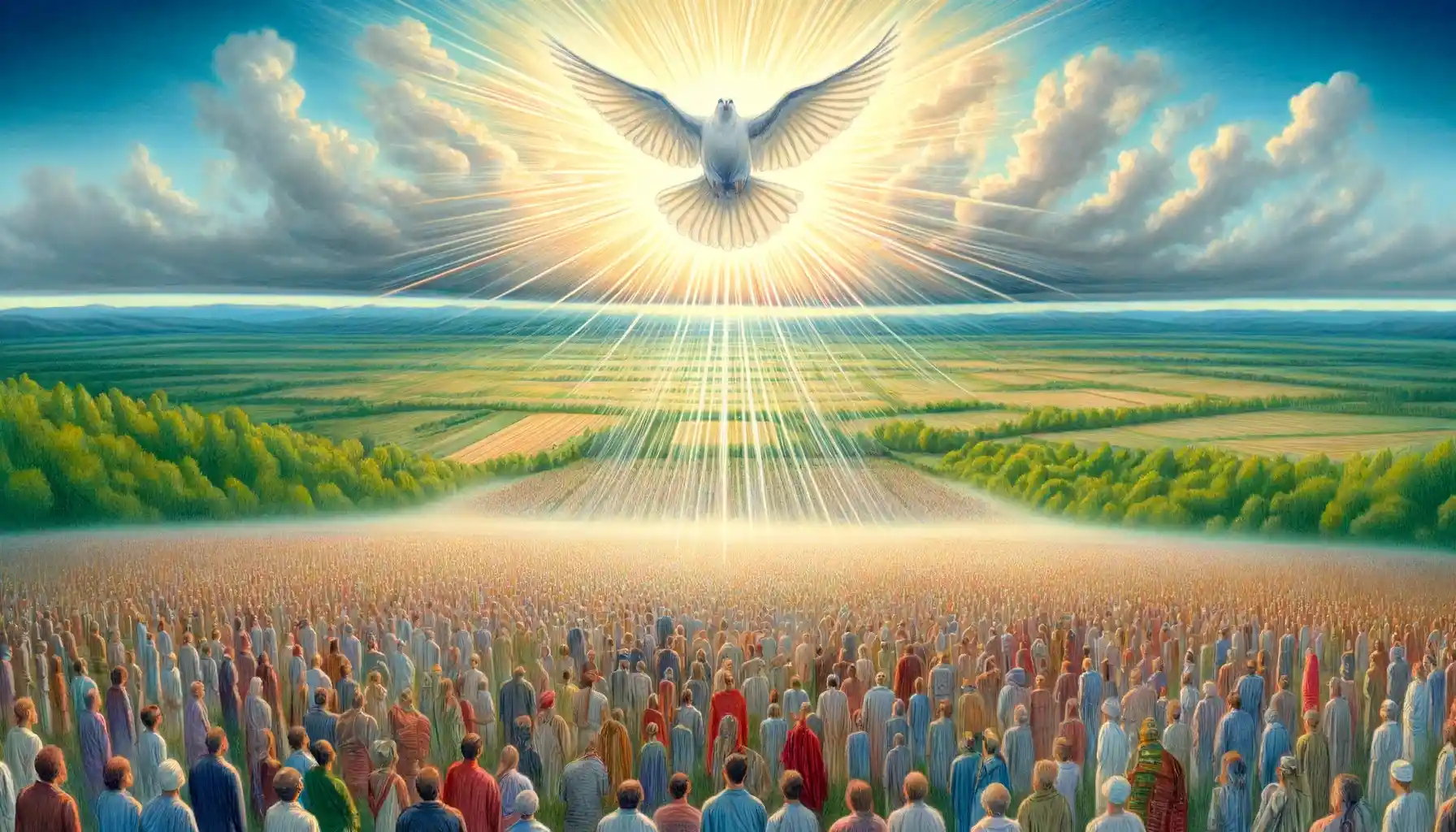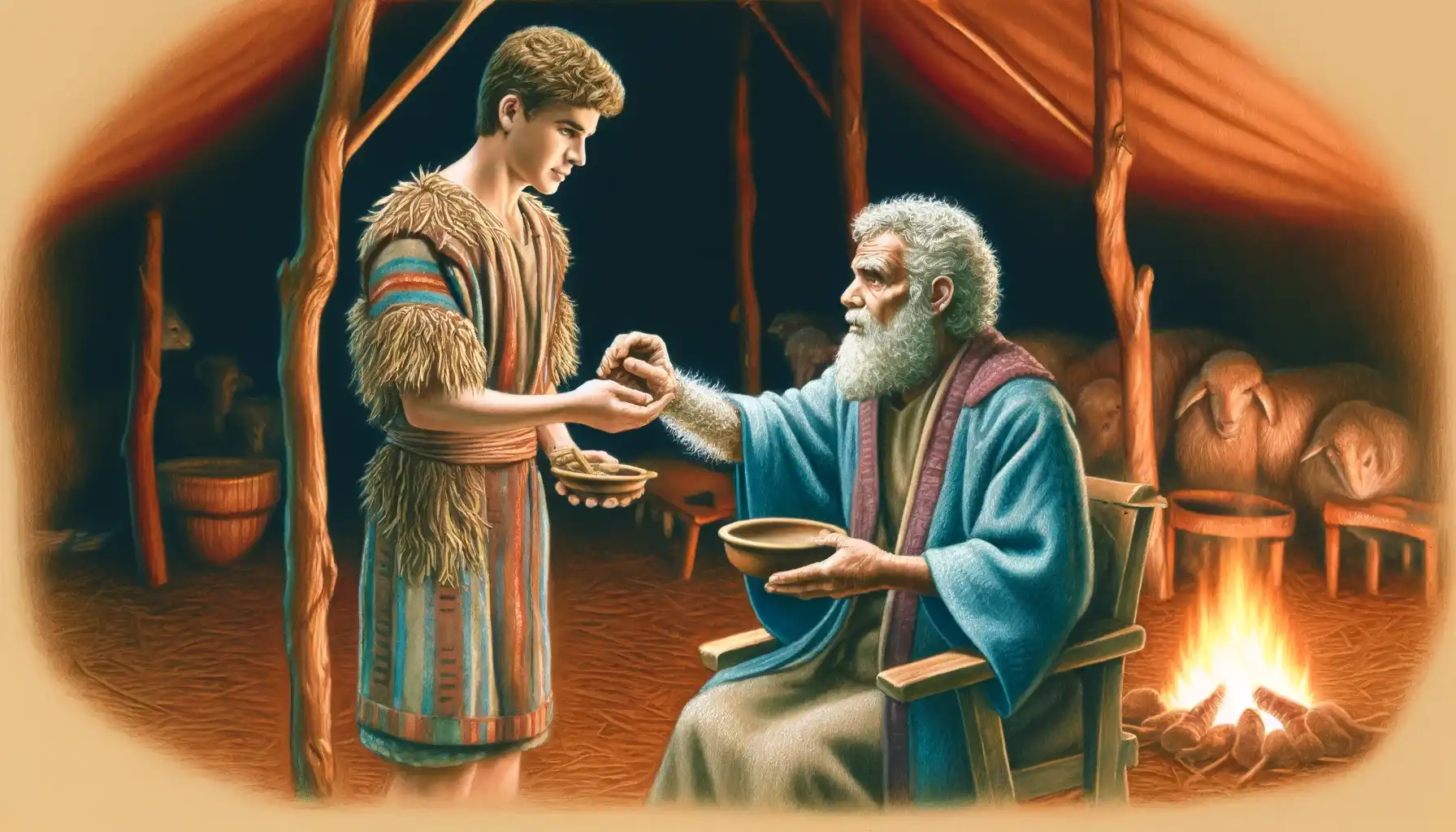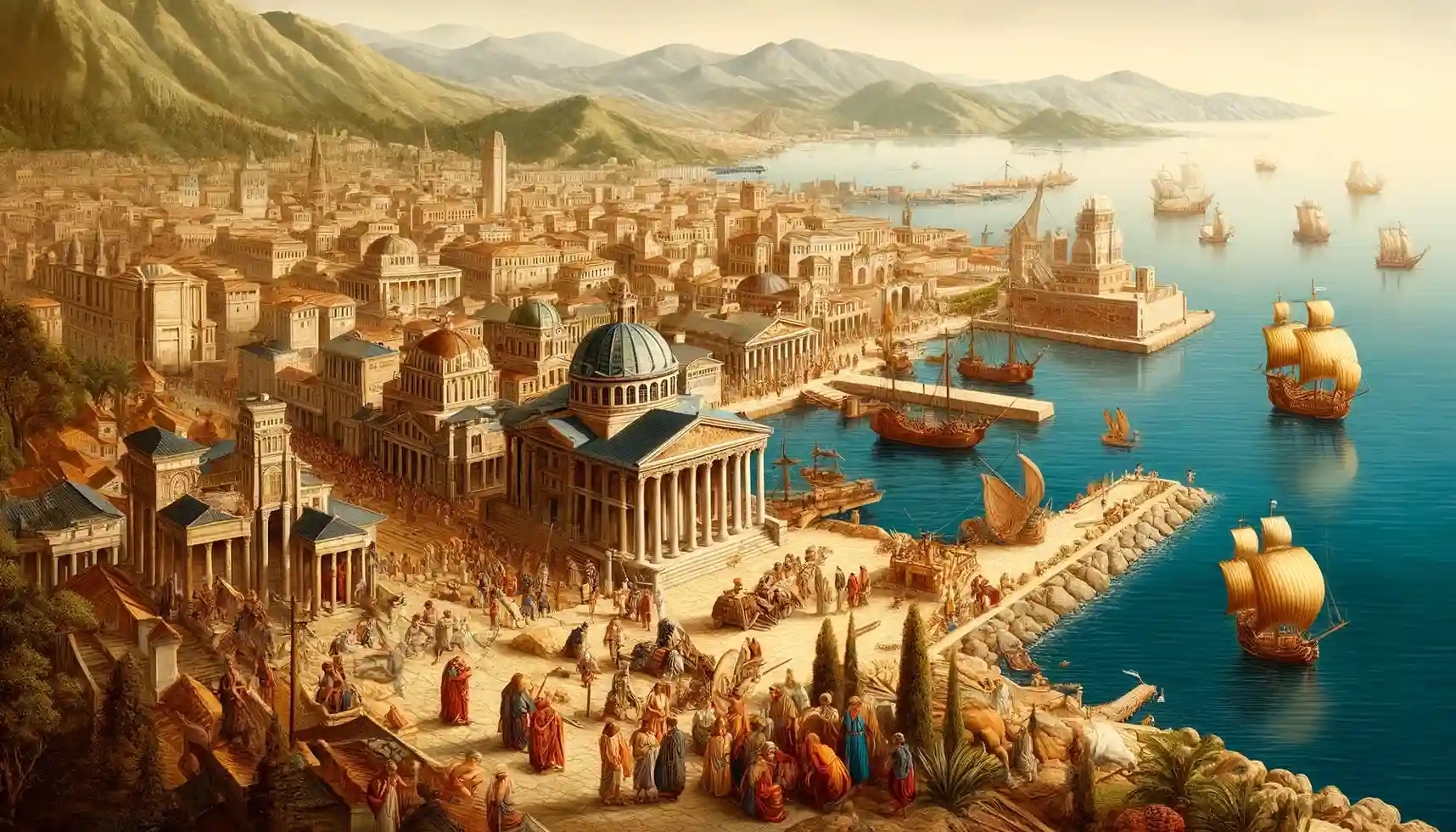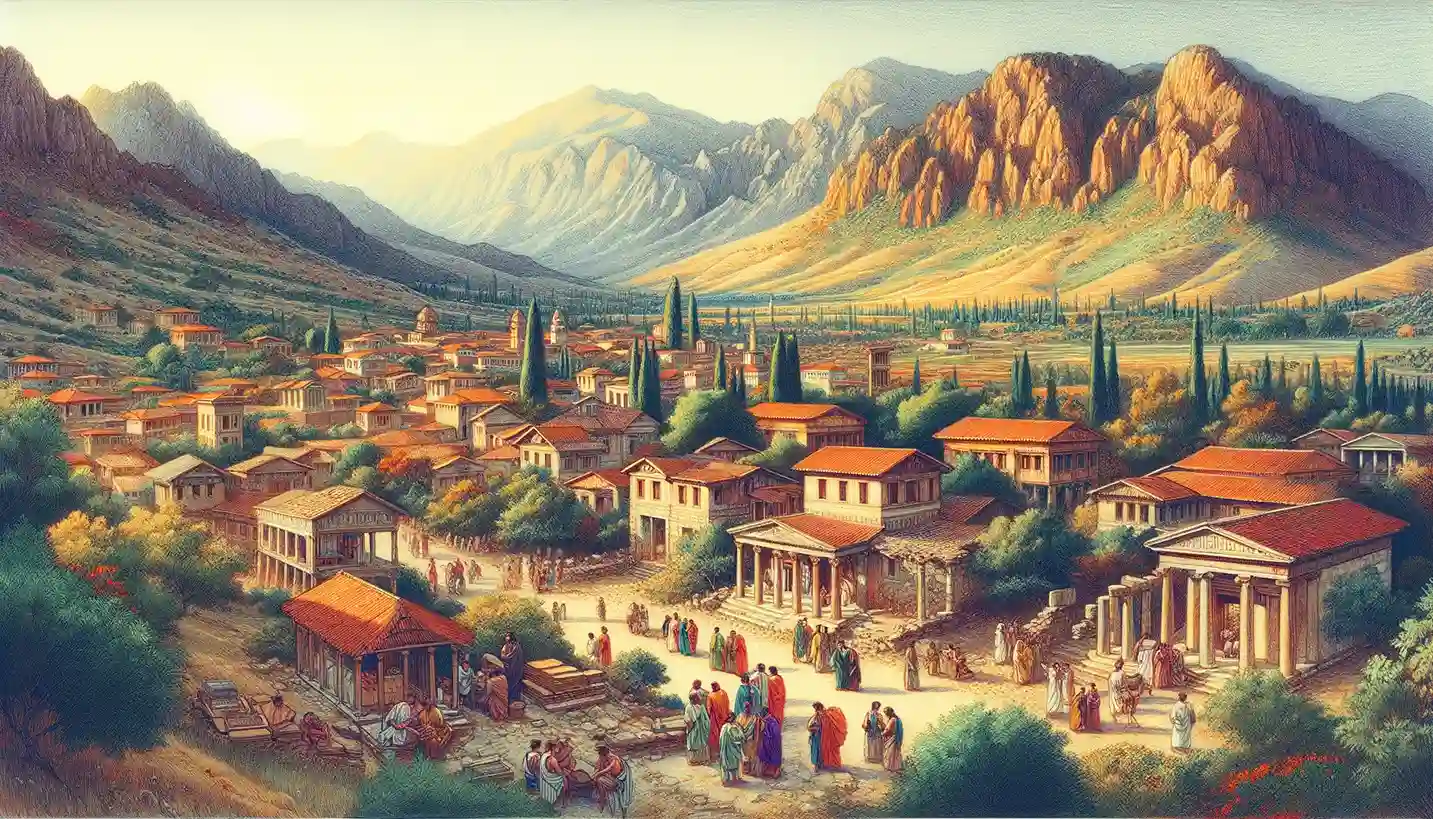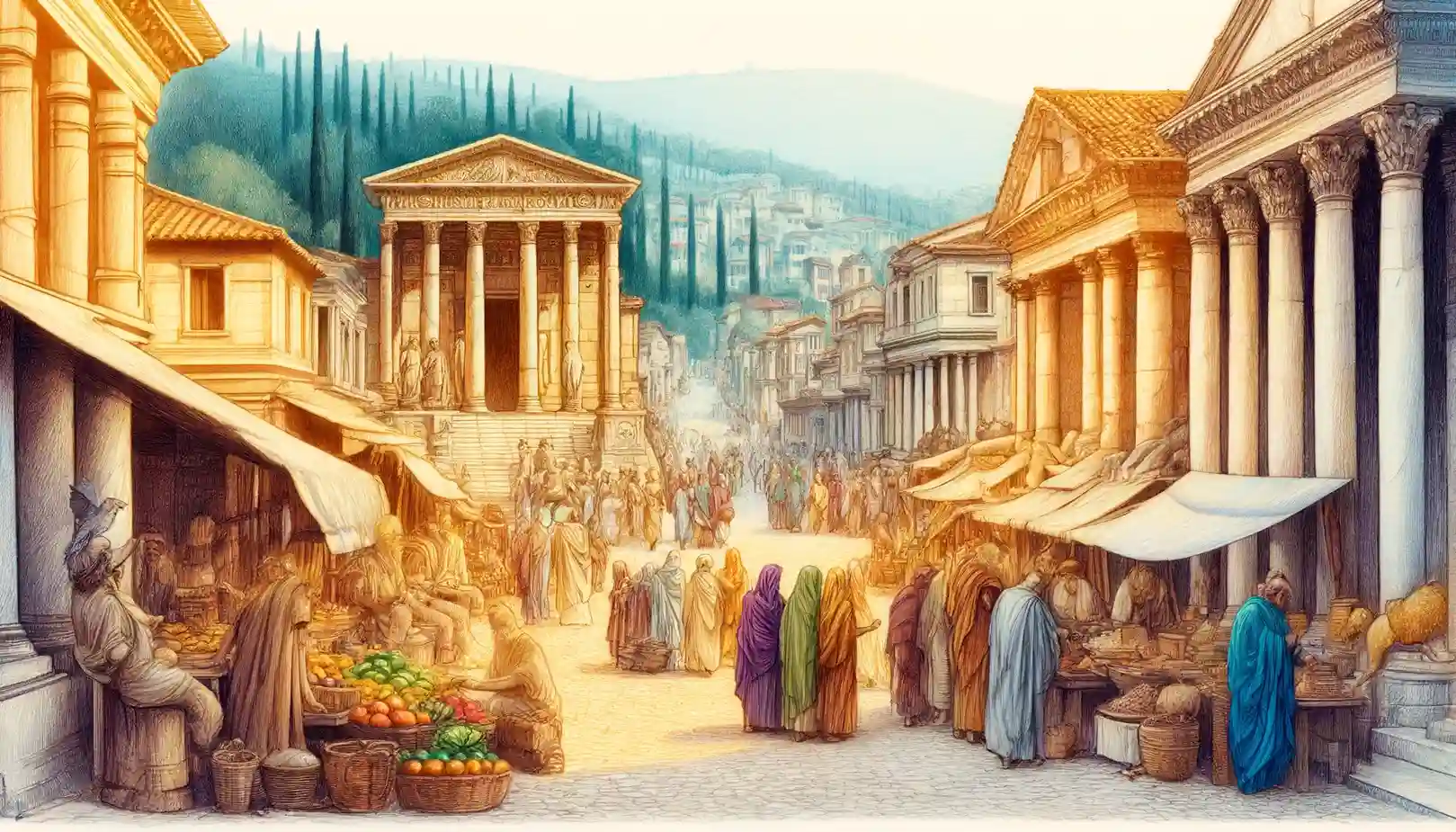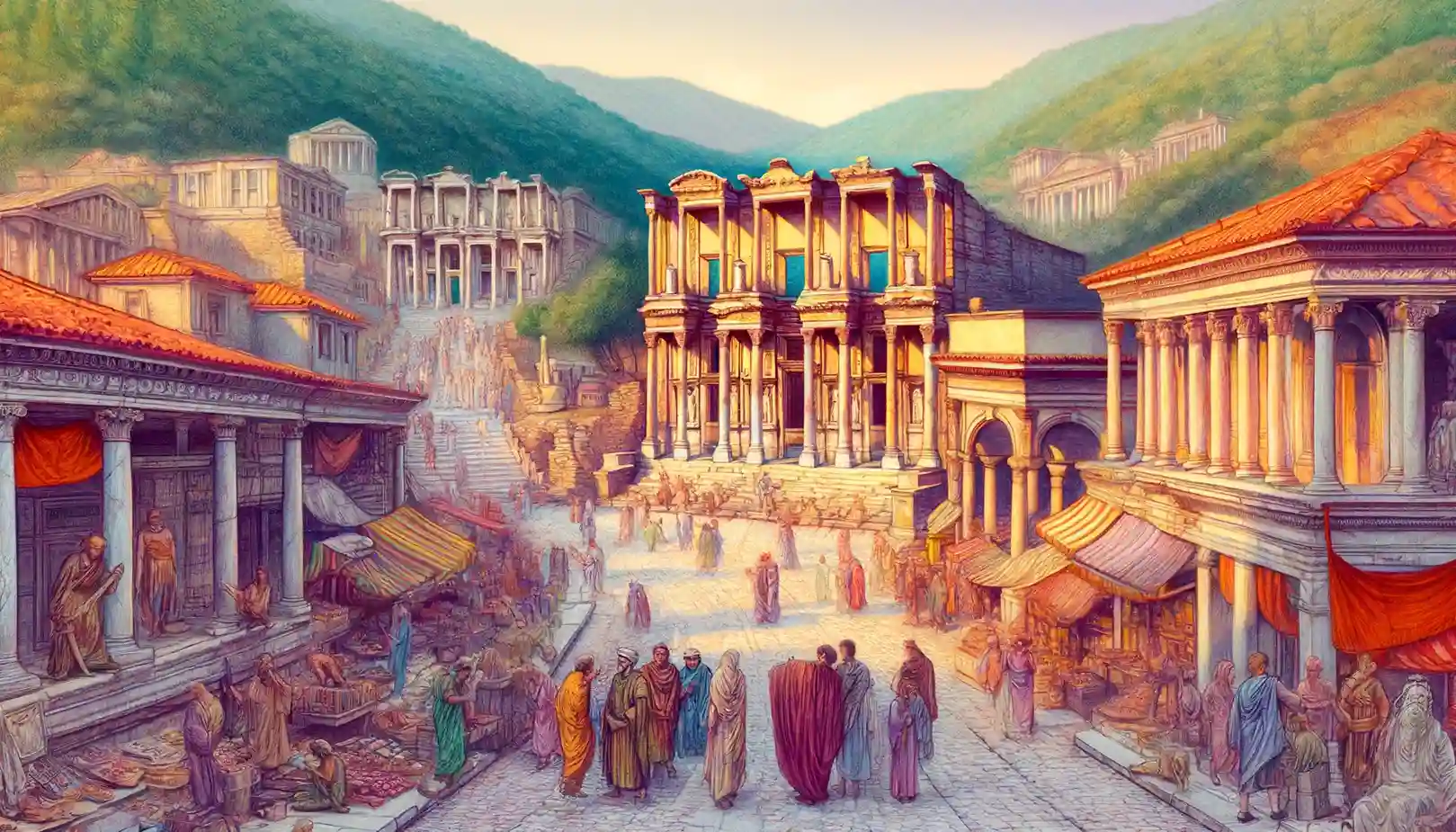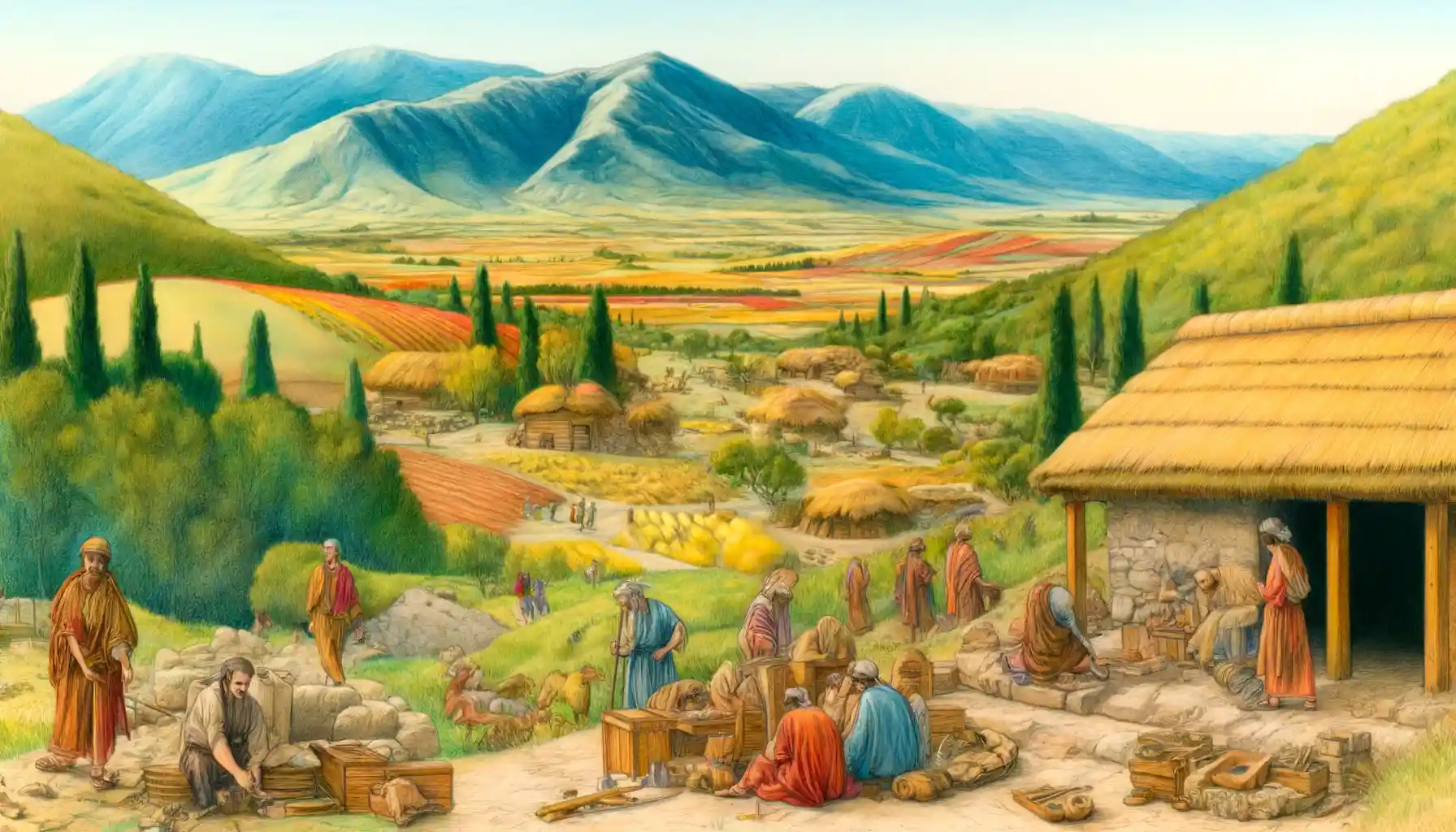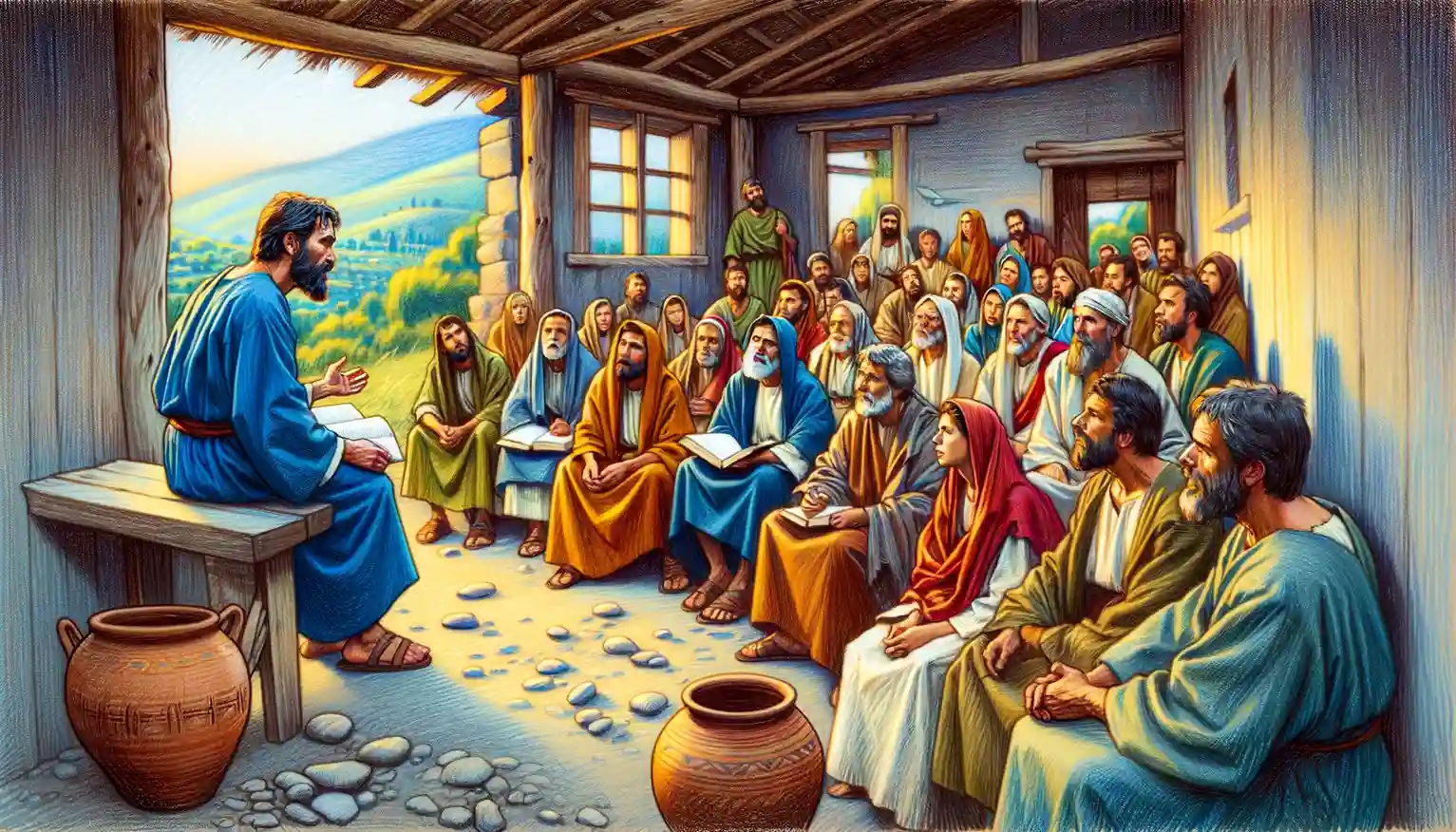Solomon, the son of David and Bathsheba, is a biblical figure known for his wisdom, wealth, the construction of the First Temple in Jerusalem, and his complex legacy involving both great achievements and serious missteps.
Jesus Christ, central to Christianity, is believed to be the divine Son of God who came to earth to offer salvation through His teachings, death, and resurrection. His life and miracles, documented in the New Testament, continue to inspire and guide millions of believers worldwide.
In Christian theology, the Holy Spirit plays a crucial role in salvation by convicting individuals of their sin, leading them to repentance, and regenerating their hearts to believe in Jesus Christ. The Spirit also indwells believers, empowering them for godly living and assuring them of their eternal relationship with God.
Jacob deceived Isaac by pretending to be his brother Esau. He wore Esau’s clothes and placed goatskins on his arms and neck to mimic Esau’s hairy skin. With the help of his mother, Rebekah, Jacob brought Isaac food, seeking his blessing. Isaac, who was old and blind, was tricked into giving Jacob the blessing meant for Esau.
Thessalonica (now Thessaloniki) was an ancient city in Macedonia, northern Greece, significant in the New Testament for its early Christian community. Founded around 315 BC by King Cassander and named after his wife Thessalonike, it was a key harbor and trade center in the Roman Empire. During Paul’s second missionary journey around AD 50-51, he founded a Christian community there, as described in Acts 17. The city, a cultural hub with Greek, Roman, and Jewish populations, faced persecution, which Paul addressed in his Epistles of First and Second Thessalonians. Today, Thessaloniki is a major Greek city with rich archaeological sites.
Colossae, an ancient city in Phrygia, is primarily known through the New Testament’s Epistle to the Colossians, where Apostle Paul addresses the early Christian community’s challenges with local heretical teachings and emphasizes the supremacy and sufficiency of Christ.
Philippi, an ancient city in Macedonia, is historically significant as the site of the first Christian community in Europe, founded by Apostle Paul, and is celebrated for its profound biblical connections and rich archaeological heritage.
Ephesus, an ancient city located in modern-day Turkey, was a significant center for early Christianity, known for its robust Christian community, the ministry of the Apostle Paul, and as the site of the Temple of Artemis, one of the Seven Wonders of the Ancient World.
Galatia, an ancient region in modern-day Turkey, was historically significant for its early Christian communities established by Apostle Paul, who addressed them in his Epistle to the Galatians, emphasizing crucial theological concepts such as justification by faith and Christian liberty amidst cultural and doctrinal challenges.
The Thessalonians, addressed in the New Testament through First and Second Thessalonians, were an early Christian community in Macedonia’s city of Thessalonica, facing persecution and doctrinal challenges while exhibiting remarkable faith and resilience under the apostolic guidance of Paul.

